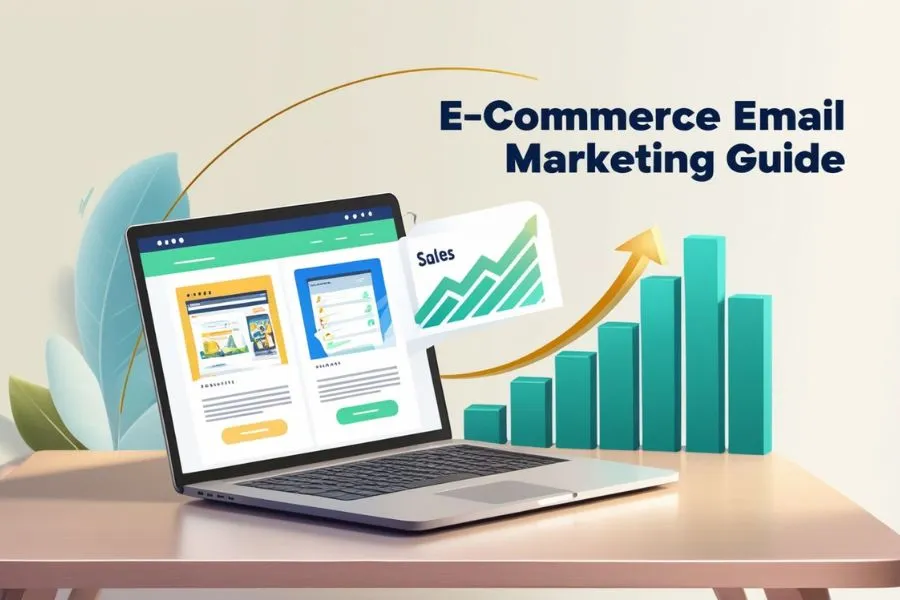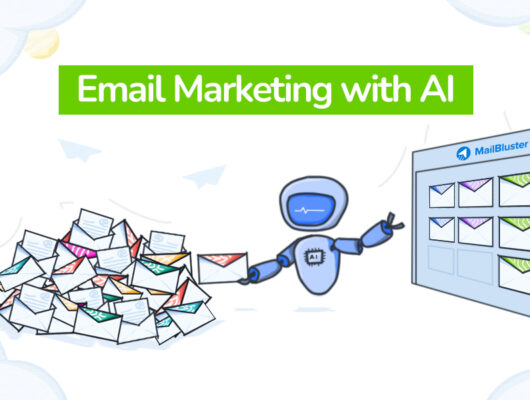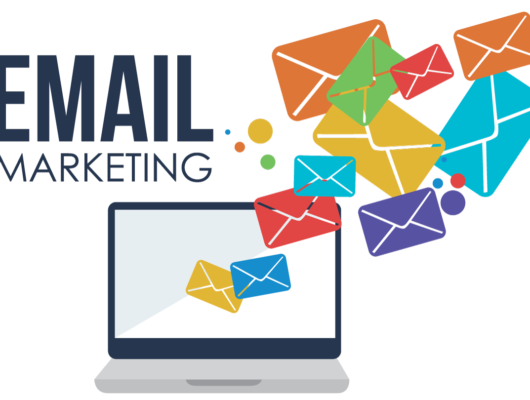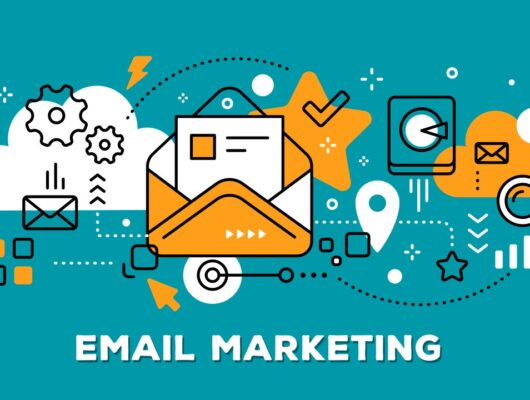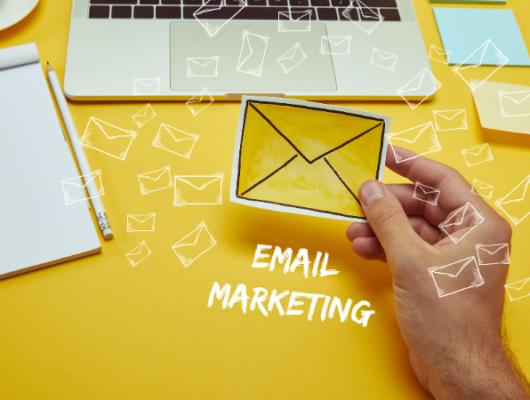In the competitive e-commerce landscape, email marketing remains a vital tool for connecting with customers and driving sales.
It’s a direct and personalized medium to communicate your brand story, promote offers, engage with customers, and ultimately, increase revenue.
This article outlines the best practices and strategies for effective e-commerce email marketing.
The Importance of Email Marketing in E-commerce
Email marketing is a powerful channel because it allows for direct interaction with your customers at a relatively low cost.
It can significantly increase return on investment (ROI), provide measurable results, and drive customer retention and loyalty.
Effective email marketing strategies can help e-commerce businesses to reach out to their customers with timely and relevant offers, increasing both sales and customer engagement.
Key Strategies for Successful E-commerce Email Marketing
- Build and Segment Your Email List: Start by building a robust email list. Encourage visitors to your website to sign up by offering sign-up incentives like discounts or exclusive content. Once you have a list, segment it based on customer behavior, demographics, and purchase history to tailor your messages accordingly.
- Welcome Emails: Send a welcome email as soon as a customer signs up. This should set the tone for what subscribers can expect from your brand and can include an introductory discount to encourage their first purchase.
- Personalized Product Recommendations: Use customer data to send personalized product recommendations based on past purchases, browsing behavior, and preferences. This not only improves the customer experience but also increases the likelihood of conversion.
- Cart Abandonment Emails: Implement an automated email sequence for cart abandonment. Remind customers what they’ve left behind and encourage them to complete their purchase, perhaps offering a small discount or free shipping to sweeten the deal.
- Regular Newsletters: Keep your customers engaged with regular newsletters that showcase new products, offers, company news, and relevant content. This helps keep your brand top-of-mind and can drive repeat traffic to your site.
- Promotional Emails: Time-sensitive promotions, flash sales, and exclusive deals can create urgency and boost sales. Ensure these emails are timely and highlight the value of the offer clearly.
- Loyalty Programs: Email can be an effective channel to promote your loyalty programs. Inform your customers about the benefits of the program and how they can participate.
- Customer Feedback and Reviews: After a purchase, follow up with an email asking customers for feedback or a review. This not only provides valuable insights but also helps in building customer relationships.
Best Practices for E-commerce Email Marketing
- Optimize for Mobile: With the increasing use of mobile devices to read emails, ensure your email design is responsive and looks good on all devices.
- A/B Testing: Continuously test different aspects of your emails, like subject lines, content, and call-to-action buttons, to see what works best and optimize accordingly.
- Use Eye-catching Visuals: High-quality images and a visually appealing layout can make your emails stand out and increase engagement.
- Be Compliant with Regulations: Follow email marketing laws and regulations such as GDPR. Make sure to include an easy way for subscribers to opt-out of your emails.
- Monitor and Analyze Performance: Track key performance indicators like open rates, click-through rates, and conversion rates to understand what’s working and what isn’t. Use this data to refine your strategies.
Conclusion
Effective email marketing can transform the way e-commerce businesses connect with their customers.
By implementing these strategies and best practices, you can enhance engagement, increase conversions, and build lasting relationships with your customers.
Remember, the key to successful email marketing is relevance and personalization, ensuring every message resonates with the recipient.


